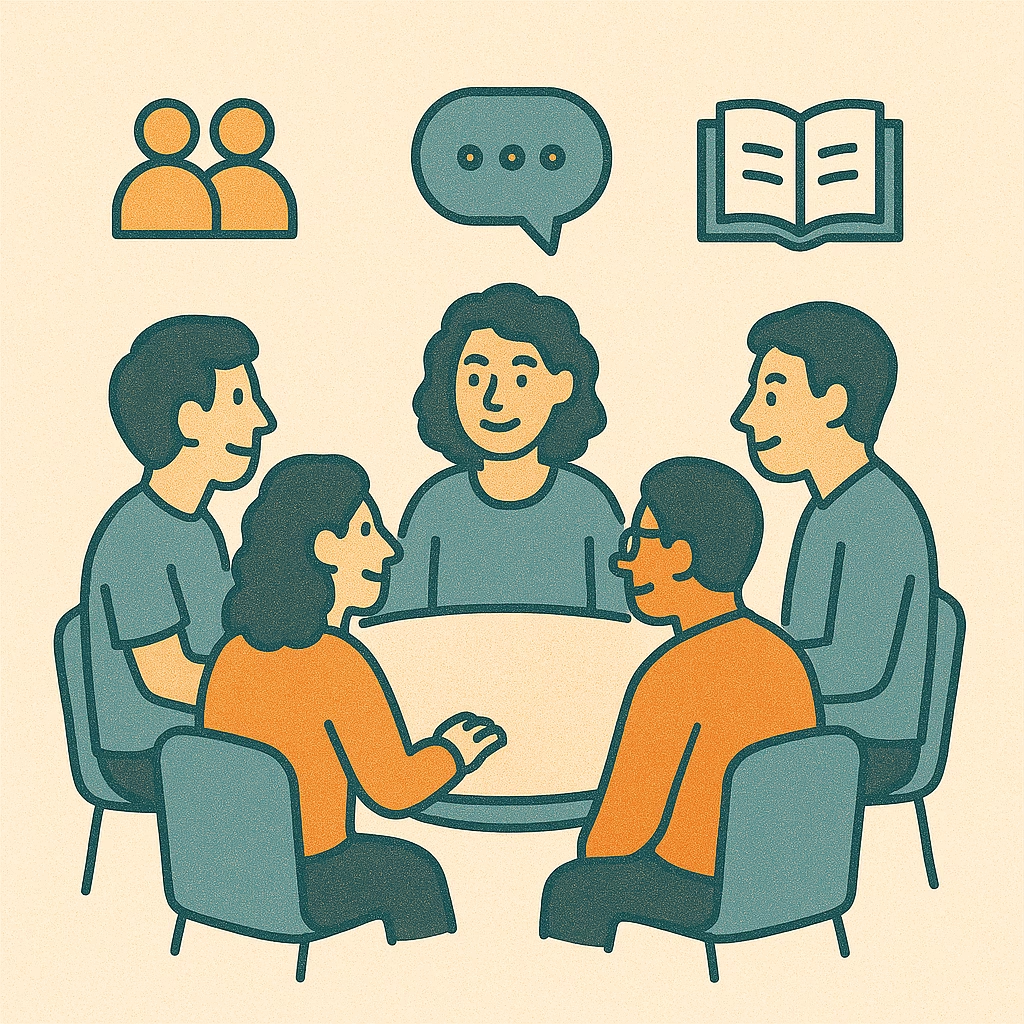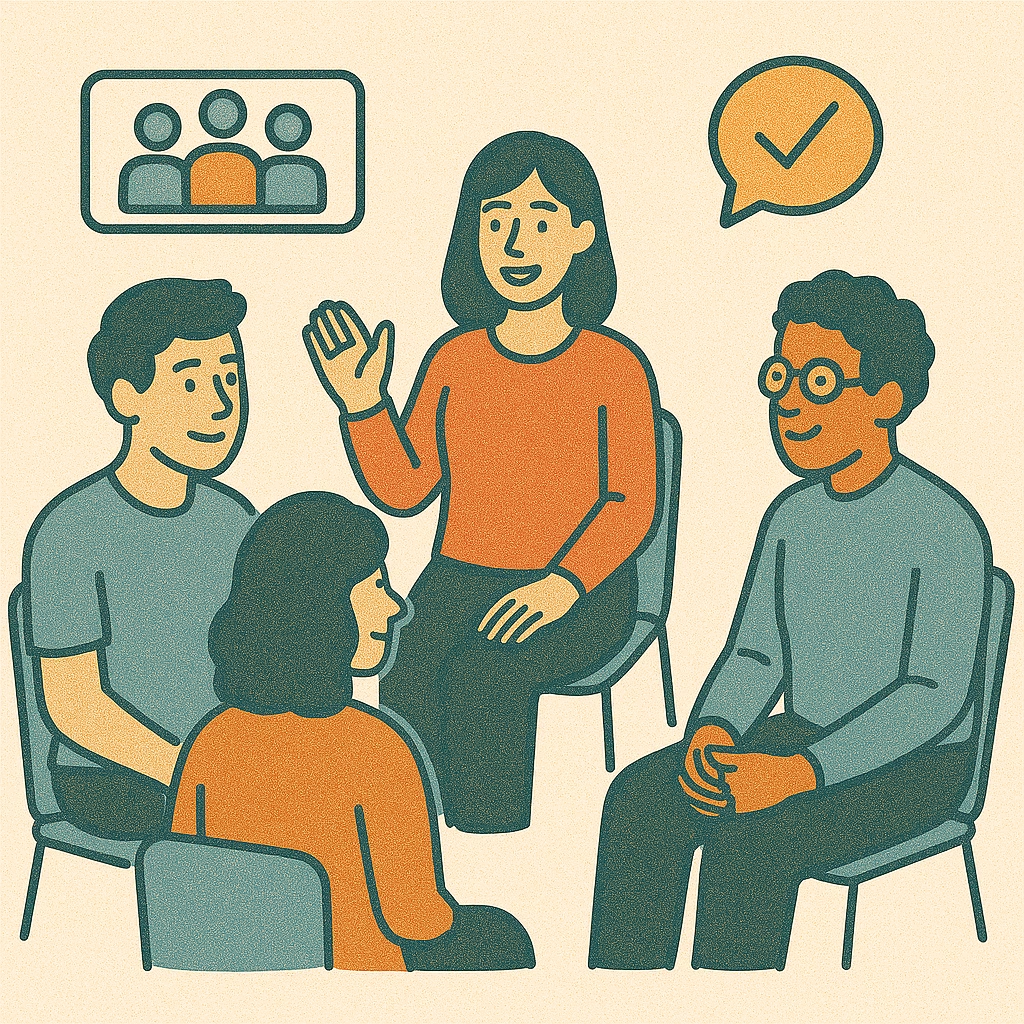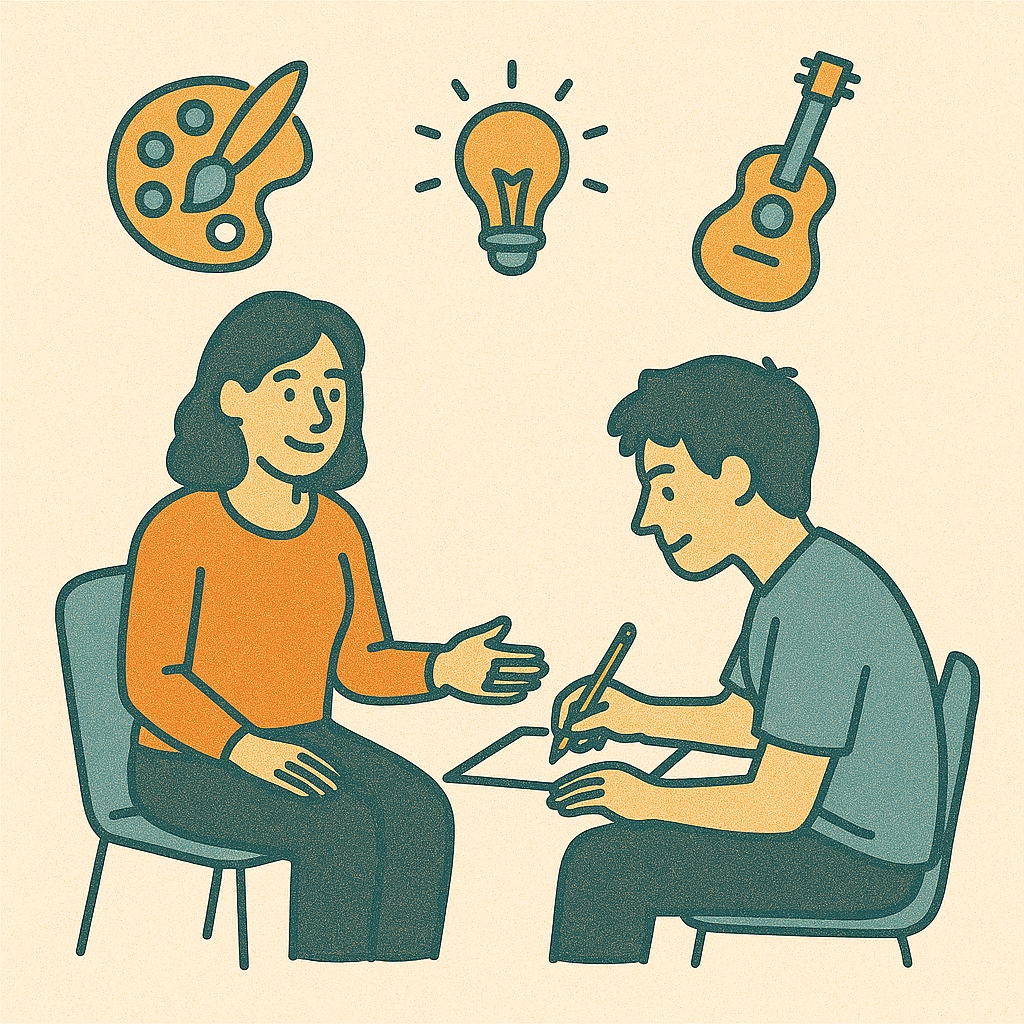Introduction
Life with ADHD isn’t static — it shifts and evolves at every stage. From leaving home or starting university, to midlife career changes, to navigating retirement, each transition can feel especially challenging when executive functions are stretched. Many people also face the emotional impact of a late ADHD diagnosis or the journey of embracing their neurodivergent identity. Coaching in this area provides guidance, structure, and reflection to help you navigate change with more confidence and self-acceptance.
This hub explores key areas of ADHD coaching for life transitions and identity, including:
- Young adults transitioning to independence
- Midlife ADHD support
- ADHD in later life
- Supporting late-diagnosed adults
- Neurodivergent identity & advocacy coaching
Each of these has its own service page, offering practical tools and deeper insight.
How Coaching Can Help
Coaching creates a safe, supportive space to reflect on where you are and where you want to go next. We focus on building clarity, routines, and resilience that support you through periods of change — whether practical or emotional.
Coaching may include:
- Supporting independence skills such as budgeting, routines, and self-management.
- Exploring career shifts and rediscovering passions at midlife.
- Developing daily strategies that support focus, health, and memory in later years.
- Processing the emotions that come with a late ADHD diagnosis.
- Building confidence in self-advocacy and embracing neurodivergent identity.
Possible Outcomes
ADHD coaching during life transitions can turn uncertainty into an opportunity for growth. Outcomes may include:
- Smoother transitions into independence, career shifts, or later life stages.
- More confidence in handling change and uncertainty.
- Renewed clarity about priorities and passions at different life stages.
- Greater acceptance and self-understanding for late-diagnosed adults.
- Stronger advocacy skills and pride in neurodivergent identity.











